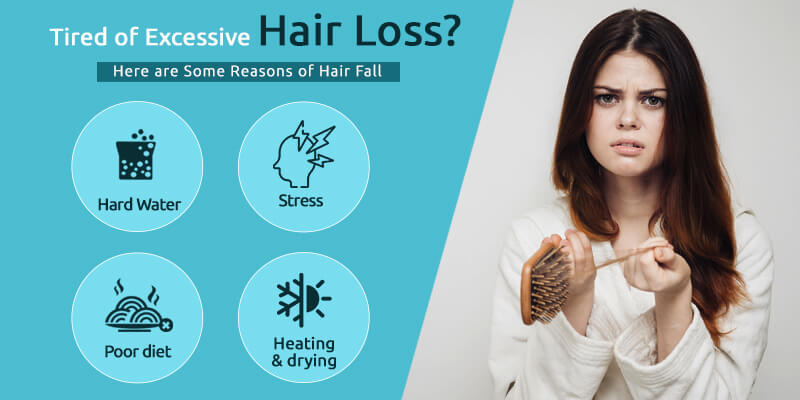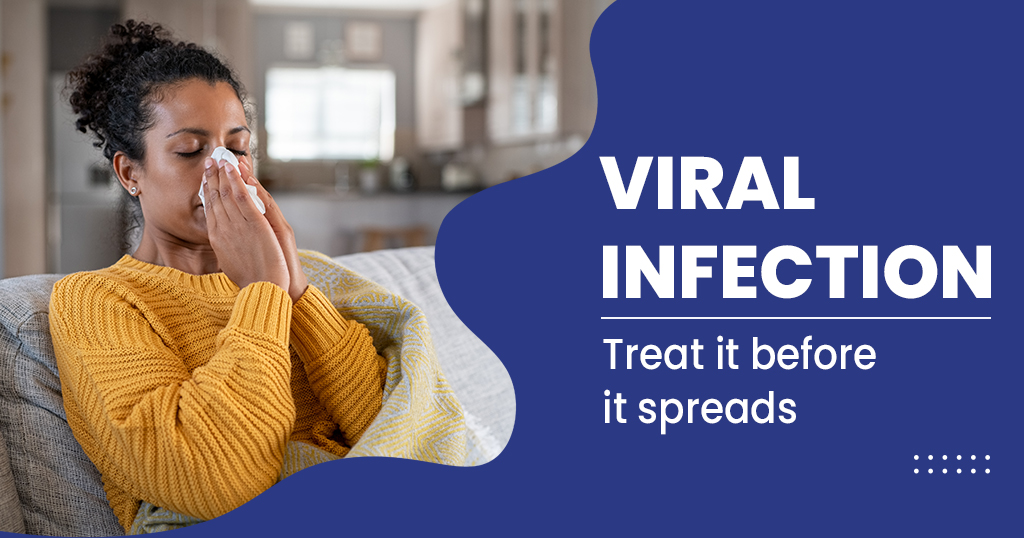Battling Acne
Title: Battling Acne: Tips for Clear and Healthy Skin
Are you tired of dealing with pesky pimples and frustrating breakouts? You're not alone. Acne is a common skin condition that affects people of all ages, and finding effective ways to manage it can be a game-changer for your confidence and overall well-being. We'll dive into what causes acne and provide you with practical tips to help you achieve clear and healthy skin.
Understanding Acne:
There are different types of acne, including whiteheads, blackheads, papules, pustules, and cysts. Understanding the underlying causes of your acne can help you tailor your approach to managing it.
Effective Skincare Tips:
Gentle Cleansing: Start your skincare routine with a gentle cleanser to remove dirt, oil, and makeup. Harsh cleansers can strip your skin of natural oils, leading to increased oil production and potential breakouts.
Exfoliation: Regular exfoliation can help remove dead skin cells that can clog pores. However, be cautious not to over-exfoliate, as this can irritate the skin and worsen acne. Opt for exfoliants with salicylic acid or glycolic acid.
Non-Comedogenic Products: Look for skincare and makeup products labeled as "non-comedogenic." These products are formulated to not clog pores, reducing the likelihood of breakouts.
Hydration: Keeping your skin hydrated is crucial, even if you have oily skin. Use a lightweight, oil-free moisturizer to maintain your skin's moisture balance.
Lifestyle Changes for Clear Skin:
Healthy Diet: A diet rich in fruits, vegetables, whole grains, and lean proteins can contribute to healthier skin. Avoid excessive consumption of sugary and processed foods, as they may exacerbate acne.
Hygiene Habits: Avoid touching your face with your hands, as this can transfer dirt and bacteria. Change your pillowcases regularly and clean your phone screen to prevent bacterial buildup.
Stress Management: High stress levels can trigger hormonal changes that contribute to acne. Engage in stress-reduction techniques like exercise, meditation, and deep breathing.
Regular Exercise: Physical activity improves blood circulation and can help maintain balanced hormone levels, which in turn can benefit your skin.
When to Seek Professional Help:
If your acne is severe, persistent, or causing emotional distress, it's a good idea to consult a dermatologist. They can provide personalized advice, prescribe medications, and recommend treatments like topical creams, oral medications.
Remember, managing acne takes time and consistency.
Patience is key as you experiment with different skincare routines and lifestyle changes to find what works best for your skin type and concerns. By combining effective skincare practices, healthy lifestyle choices, and professional guidance when needed, you can be well on your way to achieving the clear and healthy skin you've been longing for.



.jpeg)

.jpeg)

Comments
Post a Comment